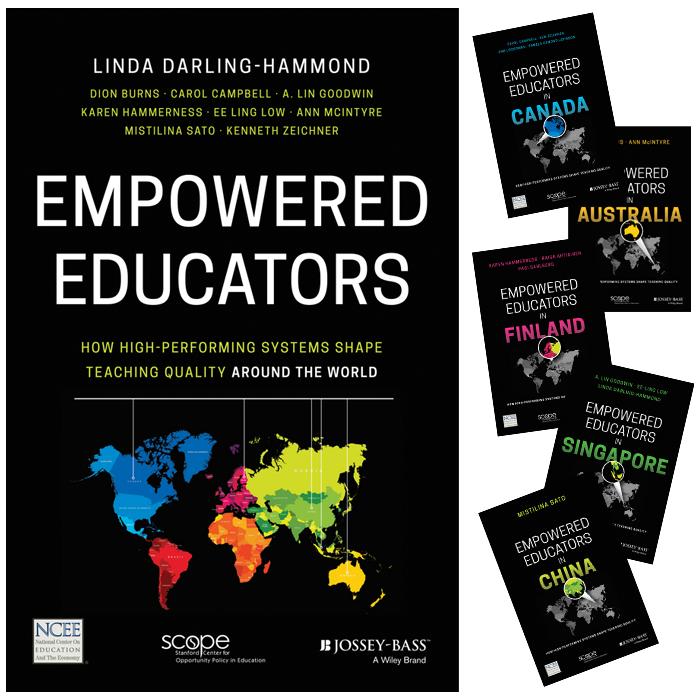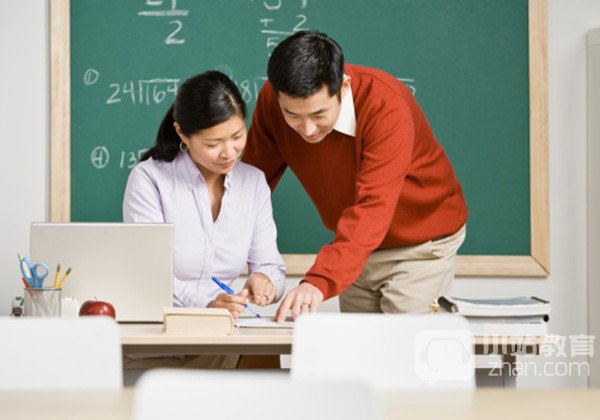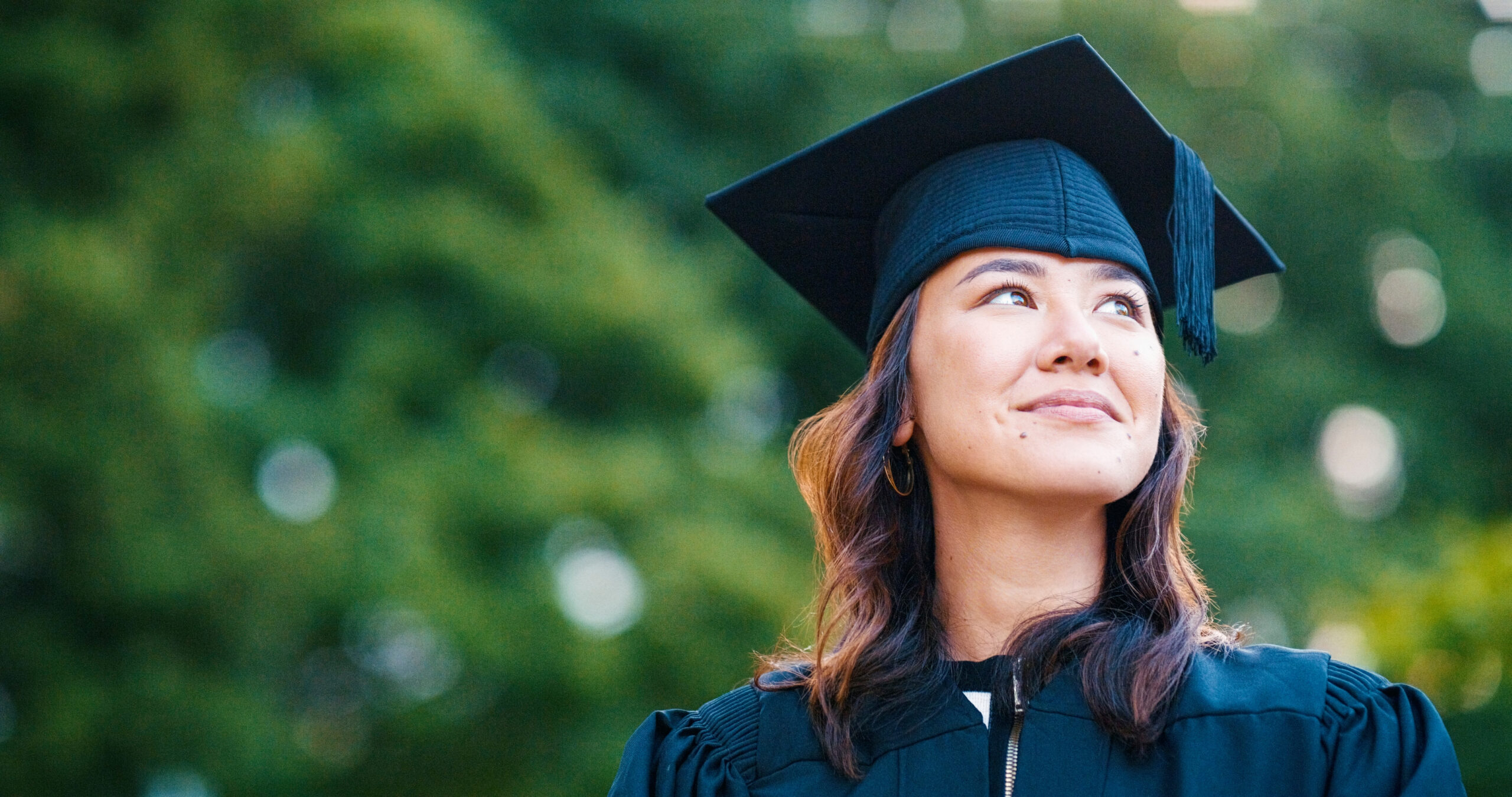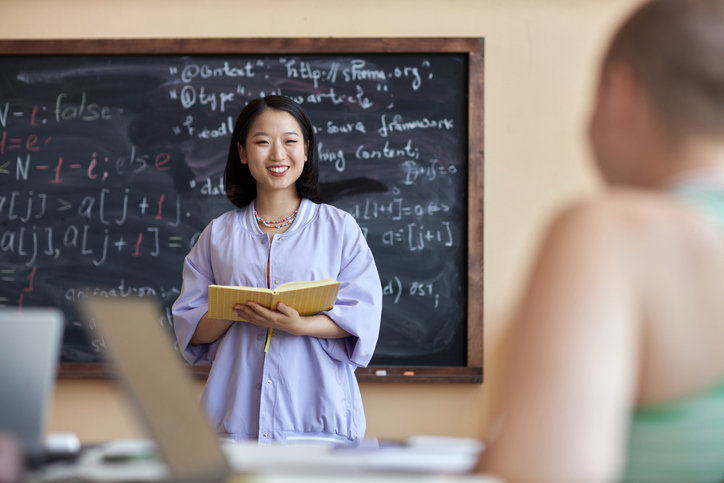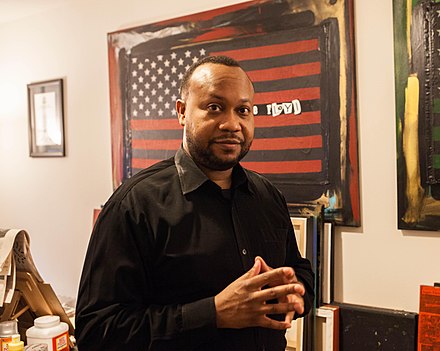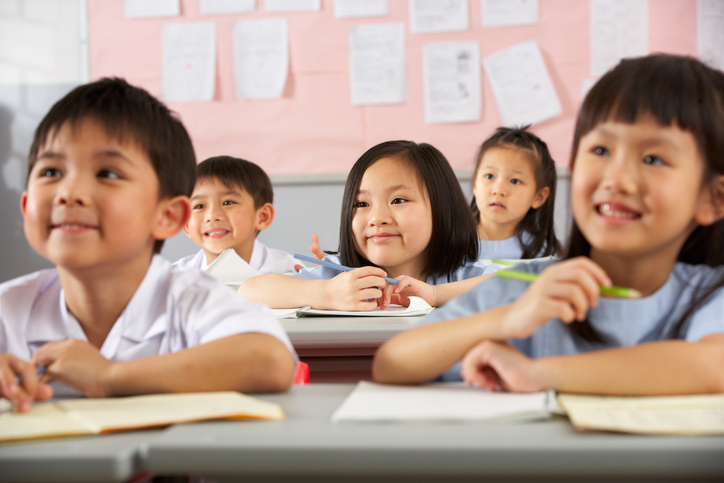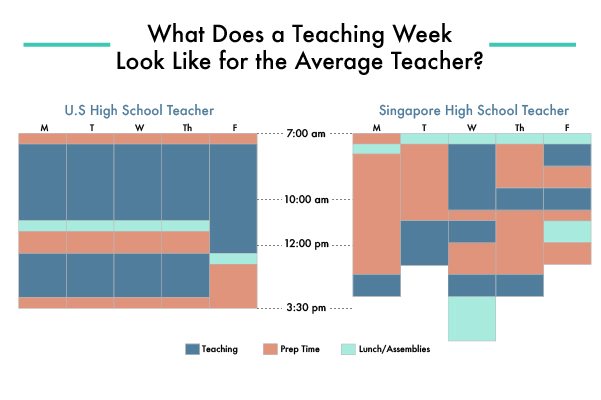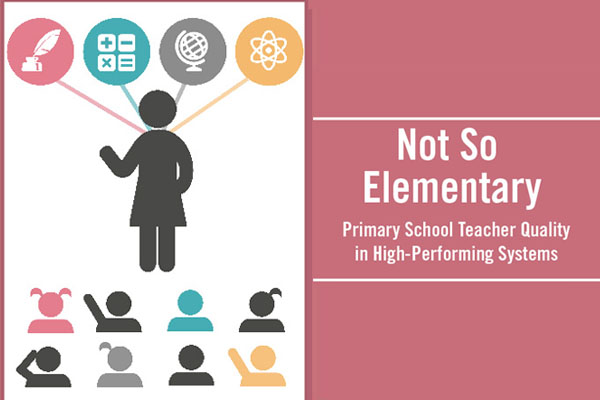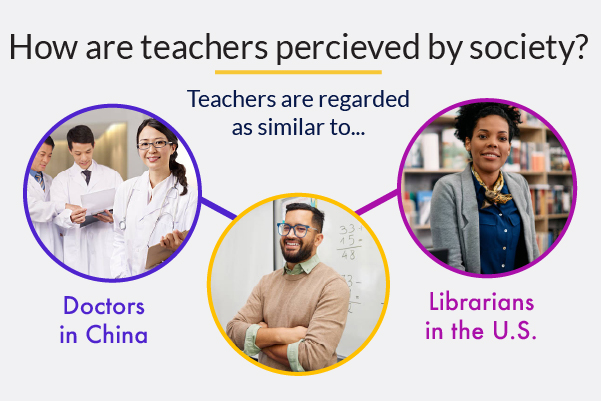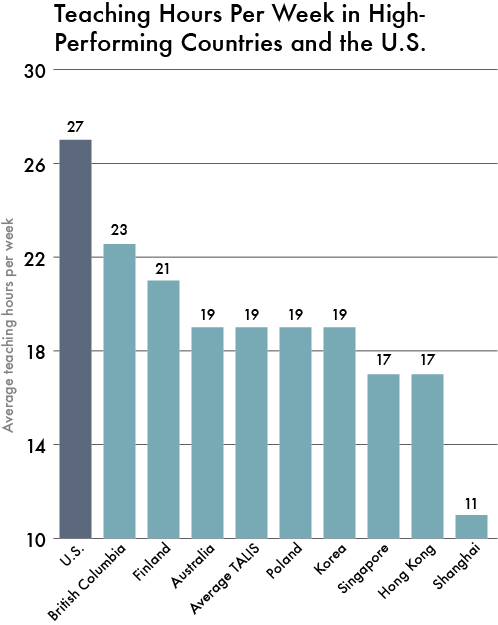Lead by Linda Darling-Hammond, Empowered Educators is a landmark, international comparative study of teacher and teaching quality in the world’s top-performing education systems.
In a groundbreaking new report, a bipartisan group of state legislators and staff are urging their colleagues to reimagine public education in the U.S. based on the successful practices and policies of the world’s best education systems.
On a recent benchmarking trip, NCEE's team had the opportunity to see firsthand how Shanghai teachers have the time, space, and flexibility to collaborate with one another and improve as they collectively refine their work.
Ligel Lambert, a U.S. art teacher at Shanghai’s Shi Xi High School, highlights the IB program’s emphasis on independent learning, critical thinking, and English fluency, contrasting it with classroom norms in China, Japan, Korea, and the U.S.
This interview with Mistilina Sato highlights how Shanghai’s collaborative teaching culture, with peer observation, mentorship, and shared lesson planning, supports teacher growth and career advancement.
Teachers in the U.S. spend more time teaching, and thus have less time for collaboration and planning, than their counterparts in high-performing education systems.
High-performing education systems view teachers as highly-trained professionals, and teachers in those systems feel valued.
In high-performing education systems, fewer hours in front of a classroom means more time for teachers to pursue professional learning opportunities throughout the working week. All of this leads to a stronger, ever improving teaching force and higher student achievement overall.

